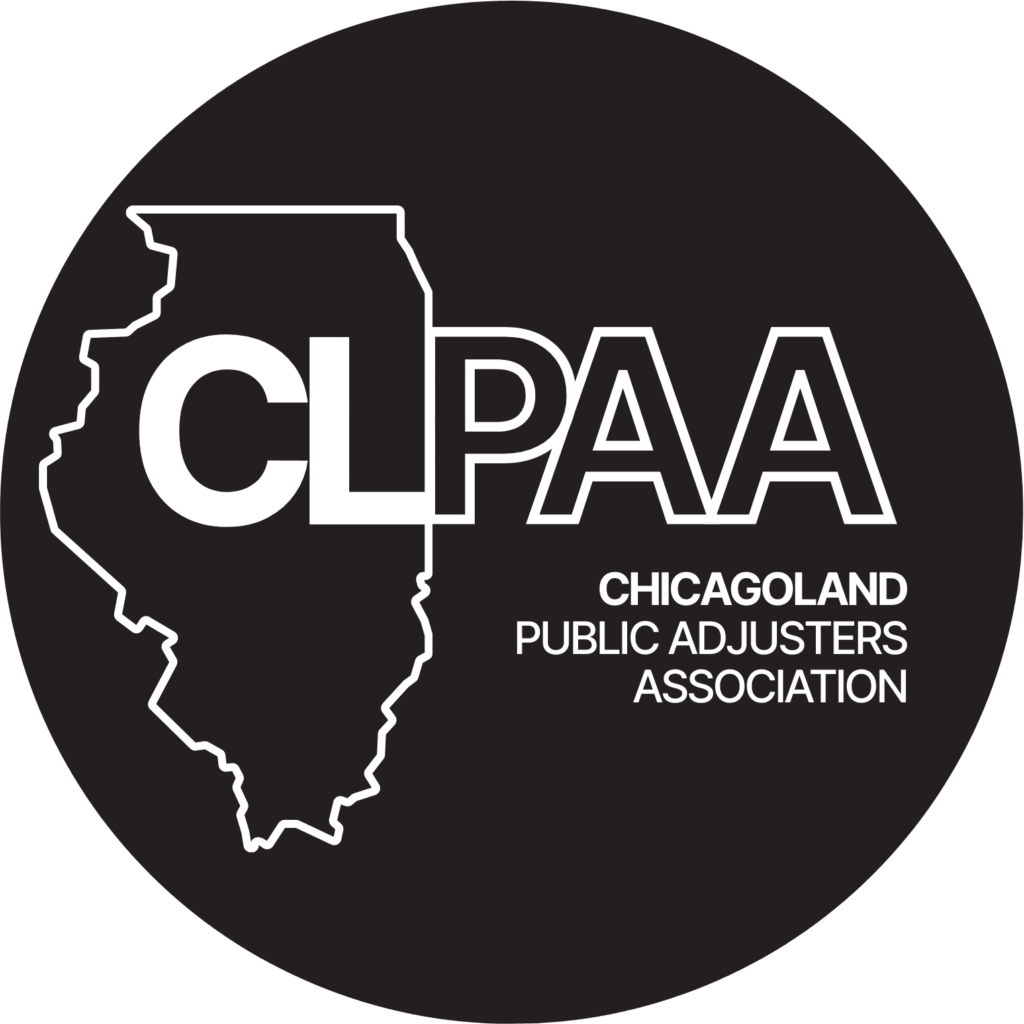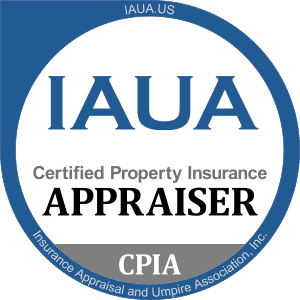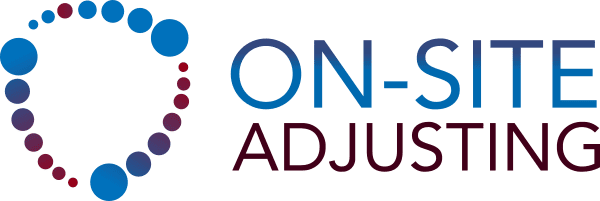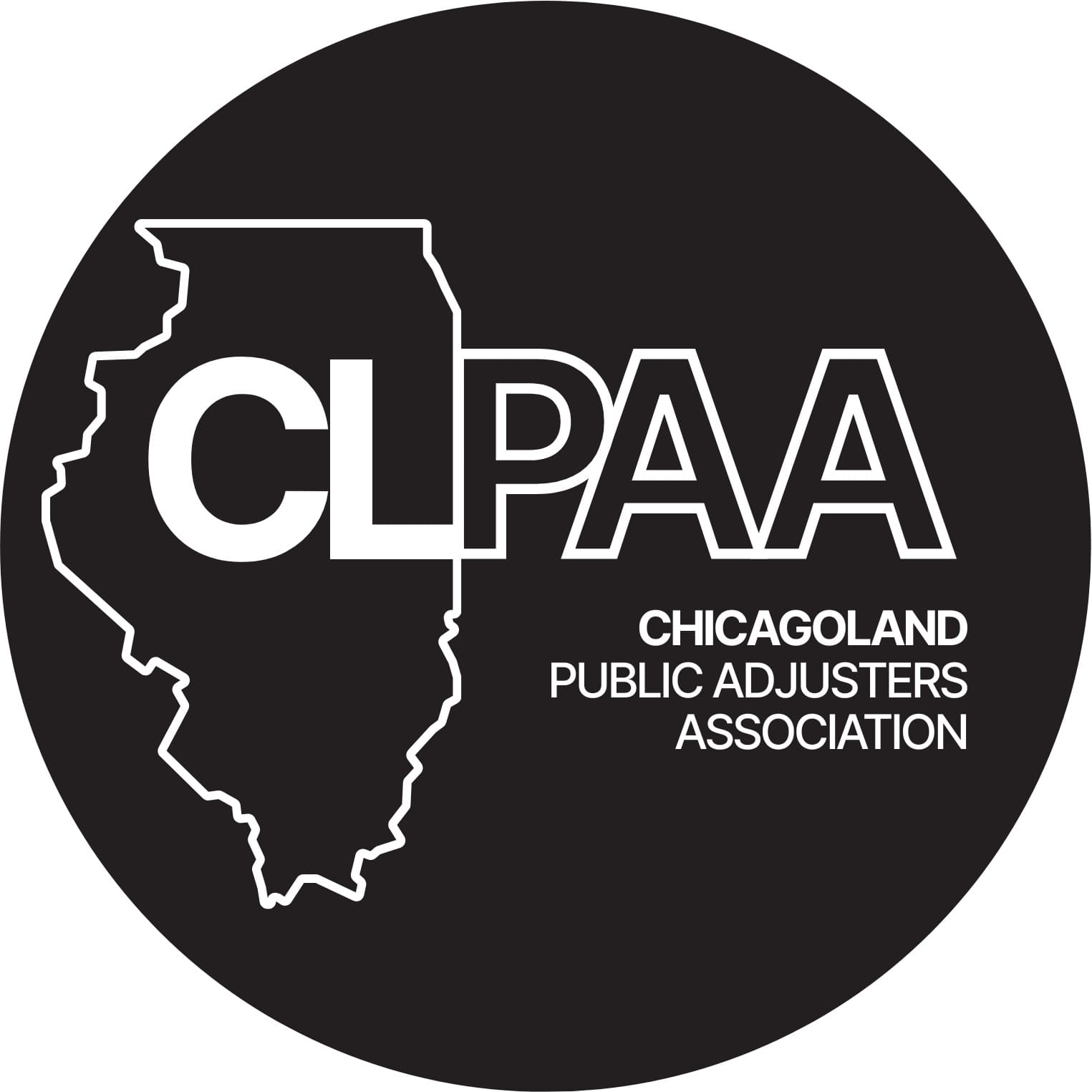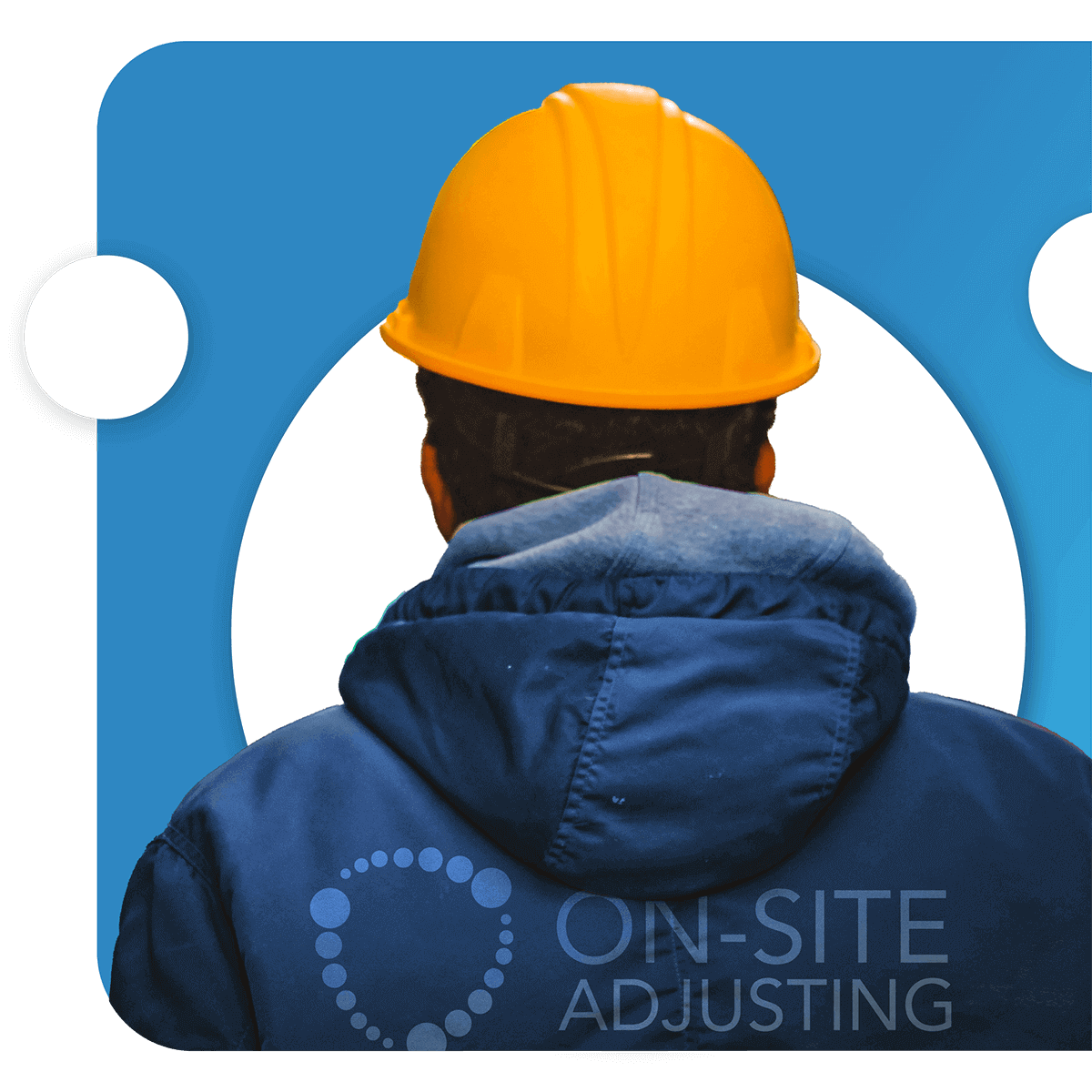
Wildfires have become a common phenomenon due to severe changes in weather conditions. This often results in thousands of dollars in loss each year. These fires have both common and unique reasons. Your standard homeowner’s insurance policy ordinarily covers property damage by fires. This usually includes wildfires. On paper, claiming property damage by a wildfire is straightforward. However, this is rarely the case in real life. Insurance adjusters can often complicate this process.
Insurance adjusters may downplay the damage suffered to ensure you get a low payout. They can even cause the insurance company to dispute your claim. Insurance adjusters are professionals working with the insurance company to investigate reported damage. They also provide an estimate for repairs or replacements. This estimate heavily influences the settlement offered by the insurance company.
Dealing with insurance adjusters as a policyholder can be difficult. This is why we are providing you with ten tips to help you deal with them after a wildfire.
What To Do When Dealing With An Insurance Adjuster
Here are some things you should keep in mind when dealing with insurance adjusters after a wildfire:
Read and Understand Your Insurance Policy
You must have contacted your insurer before their adjuster reaches out to you. The adjuster will then try to schedule a visit to examine the damage. However, you need to understand what your policy entails before agreeing to this visit. This is to avoid you falling victim to the insurance adjuster’s tactics. They often use these tactics to offer low payouts or deny coverage.
When reading your policy, look out for whether you have wildfire coverage. If you purchased specific wildfire coverage, that’s great. However, if you have a standard homeowners’ insurance policy, you need to confirm that your policy covers wildfires
If your policy covers wildfires, you should determine the kind of damage it covers. Does your policy exclude certain types of damage? Are you entitled to additional living expenses? This is important if you need to live outside your home because of the damage. Is your insurer offering actual cash value or replacement cost value?
Insurance adjusters will take your concerns and questions seriously when you understand your policy’s extent. However, you will be easier to confuse if you do not understand your policy.
Hire a Public Adjuster
A public adjuster is a licensed professional who deals with insurance companies on behalf of policyholders. People often hire them for ease. They handle the claims process while keeping you updated. Essentially, they do the work for you. Public adjusters are also hired for their ability to get a higher settlement.
A wildfire claim can be complex and long-lasting. Hiring a public adjuster can help cut down the claims process time. It also ensures you are not cheated out of any benefits. A public adjuster is arguably the best third party to discuss with the insurance adjuster on your behalf. A public adjuster has better negotiation skills. They also have more experience dealing with insurance adjusters than you do.
When hiring a public adjuster, go for a reputable and dependable one like On-Site Adjusting. When signing the hiring contract, look out for their payment structure. You should also check for any extra benefits they may be offering.
Document the Damage
You will most likely need evidence to support your claim. You need to document the damage done to both the structure of your property and your personal property. Wait until the fire department declares your home safe to reenter. Then, go through your home and take pictures and videos of the damage. This damage can be water damage from the fire affecting your plumbing system. It may also be smoke and fire damage.
If you have personal property damage, curate a list of damaged personal items. Your personal property includes your furniture, clothes, and appliances. Any other valuable or sentimental item is also personal property. You should try to get an estimate of the value of each item to avoid being underpaid in your settlement. Your insurer will likely not compensate you for items not included in your list. Therefore, be thorough in your curation.
Hold off on throwing away damaged items because they are cluttering your space. Document the damage in its raw form first. Otherwise, you may accidentally throw out items that are important to your claim. The insurance adjuster might also suspect you of messing with the property to get a higher settlement. You should let your public adjuster collate the evidence and curate your list.
Get Professional Estimates
After documenting the damage, you should get a professional to look over your home. Ask about the extent of the structural damage. You should also ask how much it would cost to fix it. Fire damage has a way of triggering other forms of damage. This damage may not be obvious on the surface. This means that you might not know how deep the damage runs.
A public adjuster can help you get estimates for either repairs or replacement. They usually do this through fire restoration companies or other independent contractors. The estimates you will need depend on the provisions of your policy.
Although the insurance adjuster will have their estimate, it is important to have yours as well. This is because you can use your estimate to negotiate your settlement. Remember that insurance adjusters work for the insurance company. They will be seeking ways to cut costs for the company. For example, they might suggest repairing damaged structural items like floorboards. When in reality, completely replacing them will be better and safer for you. However, your public adjuster will factor in replacement costs. They can use this to get a higher payout from the insurance company.
Avoid Vendors Suggested by the Insurance Adjuster
Sometimes, insurance adjusters recommend certain vendors or contractors to you. However, they rarely mention when these vendors are part of third-party administrator programs. This means that the vendors also work for the insurance company. The implication of this is that their loyalties will still, in part, lie with the insurance company.
Furthermore, these recommended contractors would often suggest salvaging and cleaning damaged property. They do this in a bid to save the insurance company some money. This creates a conflict of interest. Accepting the insurance adjuster’s recommendations can lead to getting a lower claim payout. The contractors will provide the insurance company with low estimates for repairs.
Instead, ask your public adjuster to get vendors and contractors for estimates and repairs. Your public adjuster is your advocate throughout the claims process. This means that they will ensure that things are smooth for you. Always consult them for advice on anything other than the insurance adjuster.
Consider Negotiating After the First Offer
Many policyholders are in a hurry to accept the insurance company’s first offer. However, they are unaware that they have the right to reject the offer if it is too low. You can also reject it if it cannot cover estimated replacement costs. You can use the evidence of the damage and quotes to negotiate with your insurer. Note that the extent of your negotiation will depend on your total insurance package. This is because you can only be indemnified up to a certain amount.
It is best to have your public adjuster negotiate with the insurance company for you. As professionals, they can negotiate better and faster than you can.
Be Careful When Speaking With the Insurance Adjuster
Before or after inspecting your home, the insurance adjuster will ask to meet and discuss with you. They will ask questions about the origin and aftermath of the wildfire. You need to be careful with the information you disclose or withhold. It could make or break your claim. Insurance contracts require utmost good faith from both parties. This means that you should be truthful when answering your insurer’s questions. The same goes for insurance adjusters.
However, you should also make sure that you are not presenting the facts in a way that implicates you. Ensure you are home when insurance adjusters come to visit. Otherwise, they may make assumptions about your home and the damage in your absence. This can be adverse to your claim. Be polite when discussing with the insurance adjuster. Mention key things like when the damage started and what you have done to reduce the damage. Also, mention any pre-existing damage to the home.
You should also feel free to ask the insurance adjuster any questions you have. For example, you can ask questions about the claims process. You can ask how the insurance company plans to compensate you. It is also a good idea to ask how you can fast-track your claim. This will paint you as a proactive policyholder.
If you have a public adjuster, let them discuss with the insurance adjuster instead. They will know what to say and what to avoid to safeguard your claim.
Keep a Paper Trail
Document all your discussions with insurance adjusters. Do not rely on your memory or oral agreements. You can send an email or letter after any discussions repeating any agreements or discussions you had. Also, insist on a response from the insurance adjuster agreeing to your assertions.
You should copy any documents shared between you and the adjuster and keep them in a safe place. This is to ensure that the insurance adjuster does not retract statements or leave you hanging. These documents may also come in handy if your claim becomes complicated or if there is any miscommunication. It could also help you if disputes arise between you and the insurance company.
Keep Track of Your Expenses
A wildfire can leave your home inhabitable for a while. This means that you might need to seek temporary accommodation. However, the claims process can take anywhere from one month to several months. This situation is usually covered by your additional living expenses clause. When staying away from your home, you need to keep your expenses in order. This means documenting every dollar you spend on food, accommodation, transportation, and clothing. It is easier to claim additional living expenses when you know what you have spent.
You may also need to pay out of pocket for some renovation services. This is to avoid permanent damage to your home while awaiting your settlement. Ensure you are collecting invoices for any services done by contractors and vendors. You should also keep the receipts of payments.
Your public adjuster can provide some guidance if you are unsure about how best to go about this. That is what you hired them for!
Keep Your Premium Payments up to Date
Your insurance provider can deny your claim if you have defaulted on your premium payments in the past. Your premium payments need to be prompt. Otherwise, you might not enjoy the benefits of your insurance coverage. The insurance adjuster can recommend not paying your settlement if you have not paid your premium.
Test Your Property for Smoke and Soot Damage
Wildfires generate dangerous levels of smoke and this smoke can travel for miles. It is not common knowledge but smoke and soot can cause serious damage to your property just like a fire. They can damage your interior, exterior, and air vents. They can also damage your electrical system and even home insulation. Smoke also damages personal property items such as clothing and furniture.
You should get a professional company to examine your property for smoke and soot damage after a wildfire. Insurance adjusters may not mention this because it is an extra cost. However, it is a cost that will ensure the safety and soundness of your property.
Conclusion
Insurance adjusters often place the interests of the insurance company above yours. They can do this in several ways. Insurance adjusters can offer low payouts. They can also recommend contractors that are part of third-party administrator programs to you. This is why you need to be careful and proactive when dealing with them. Especially after suffering damage from something as terrifying as a wildfire.
You should know the ins and outs of your policy when dealing with insurance adjusters. Ensure you document everything and keep track of your expenses. Most importantly, you should get a public adjuster for ease during the claims process.
Is there a wildfire raging in your area or has your home suffered any kind of fire? On-Site Adjusting can help you get the settlement that will have your home back in top-ship shape. We offer a free consultation session for first-timers. Contact us today to get started.

